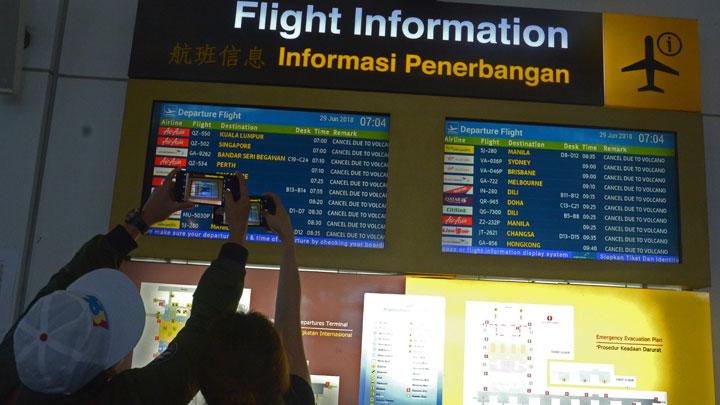Bali Health Agency has called for heightened vigilance among hospitals and community health centers in anticipation of the potential Nipah Virus threat, amidst a notable influx of Indian tourists to Bali.
Head of the Bali Provincial Health Office, I Nyoman Gede Anom, was quoted by Republika as saying that his department has taken measures to collaborate with the Port Health Office to conduct thorough screenings of all arrivals in Bali, particularly those originating from countries with a history of Nipah Virus cases.
“In accordance with the Ministry of Health’s directive, we must remain vigilant regarding the Nipah virus threat,” he said yesterday in Denpasar.
According to figures from the Bali Provincial Tourism Office, Indian tourists constituted the second-largest group of foreign visitors to Bali, totaling 288,873 visits, from January to August 2023.
“At the airport, temperature detection devices are in place. If a tourist is found to have a body temperature above normal, it will prompt further inquiry,” Anom affirmed.
Anom additionally emphasized that individuals arriving from countries endemic to the Nipah virus, displaying fever accompanied by Acute Respiratory Infection (ARI), should promptly be referred to a hospital for comprehensive analysis.
“Specifically for the Nipah virus, we have assembled a team of neurologists, surgeons, and other specialists, as this virus targets the brain,” he elucidated.
He stressed that at present, the Nipah virus has not yet been identified within Indonesian territory, and they are earnestly hoping to preclude its entry, particularly into Bali.
“Nevertheless, we must maintain vigilance due to the incubation period, which may mean a lack of fever upon arrival at the airport,” he cautioned.
In light of this, his office has not only issued directives to hospitals, but also extended communications to all community health centers and clinics, underscoring that tourists from regions endemic to the Nipah virus, exhibiting ARI symptoms, should be referred to a hospital.
“We are also obliged to promptly report any identified Nipah virus cases to the Ministry of Health. Subsequently, a Ministry of Health team will conduct a reevaluation of the patient’s cerebrospinal fluid,” he affirmed.
Aside from its zoonotic transmission from animals such as bats and pigs to humans, the Nipah virus is also recognized for its potential for human-to-human transmission.
This can occur through contact with bodily fluids like urine and saliva, specimens, or ingestion of contaminated food.





Reader Interactions